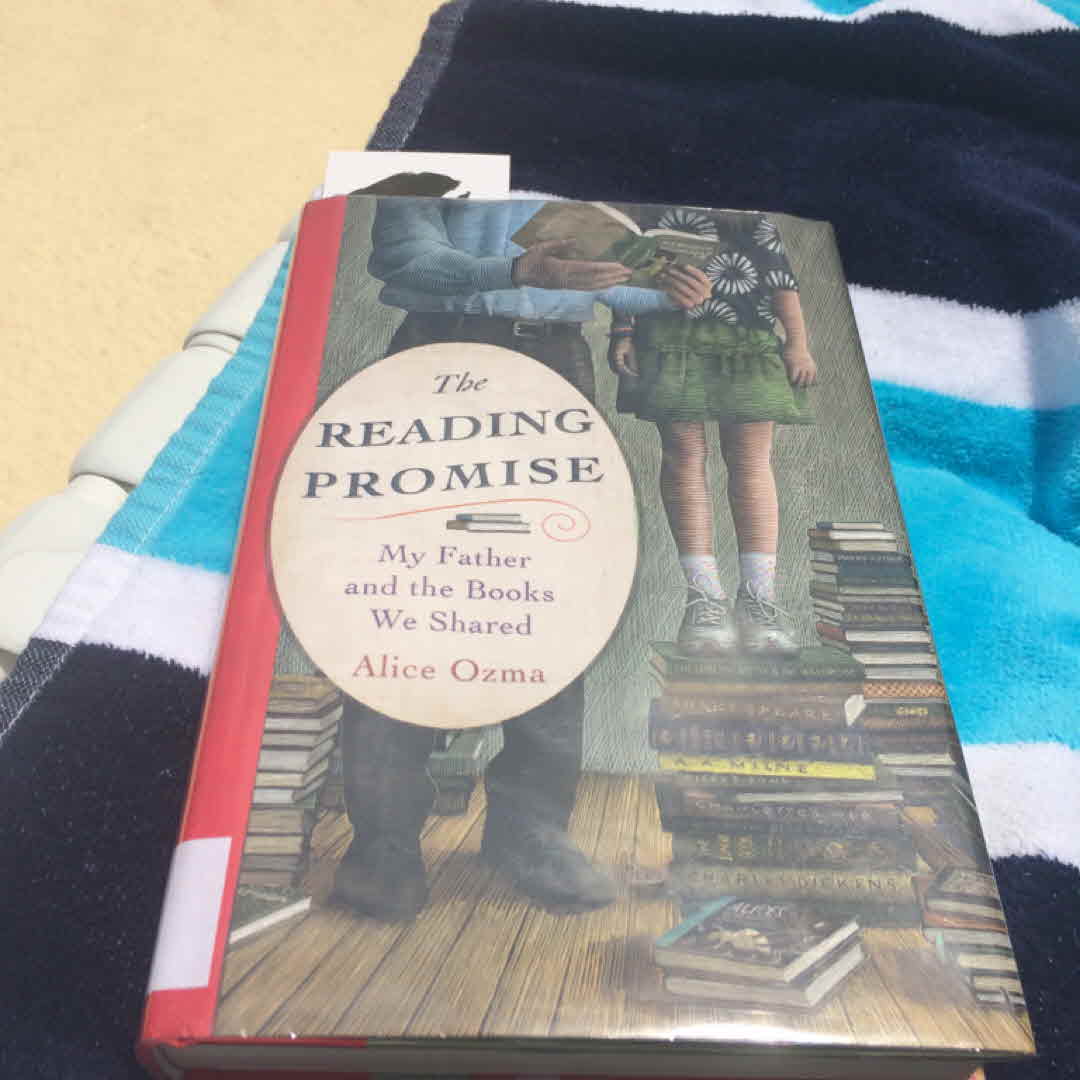
This book is poignant and funny, recalling the reading streak the author and her dad adhered to for years. The last chapter was especially inspiring in its defense of reading and reading aloud.

This book is poignant and funny, recalling the reading streak the author and her dad adhered to for years. The last chapter was especially inspiring in its defense of reading and reading aloud.
I really enjoyed reading this book. Although fictionalized, it was so well researched and helped to put Paul's letters in context of the challenges facing the early church. This was my first book by Walter Wangerin and makes me want to find more!
A fascinating collection of essays by modern-day theologians on C. S. Lewis. I especially loved the interview in the appendix with them all.
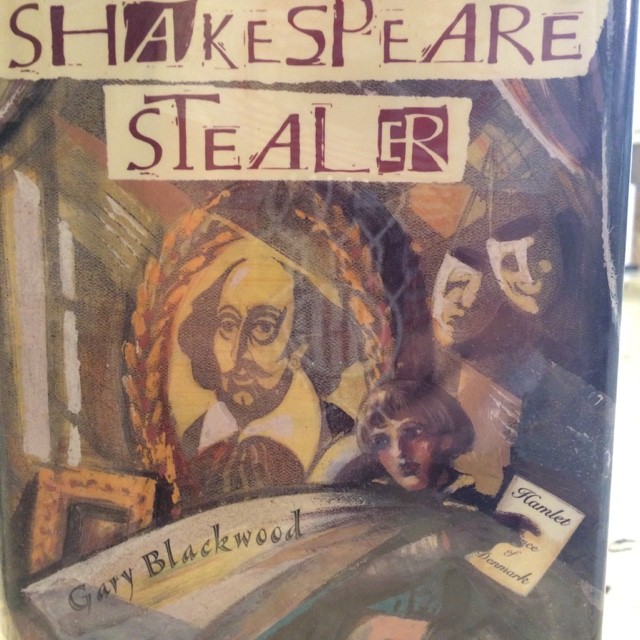
This book about theater in Shakespeare's day provides a great introduction to that time, along with suspense that keeps the plot moving, and lessons about honesty and friendship in a world where people play roles on and off the stage.
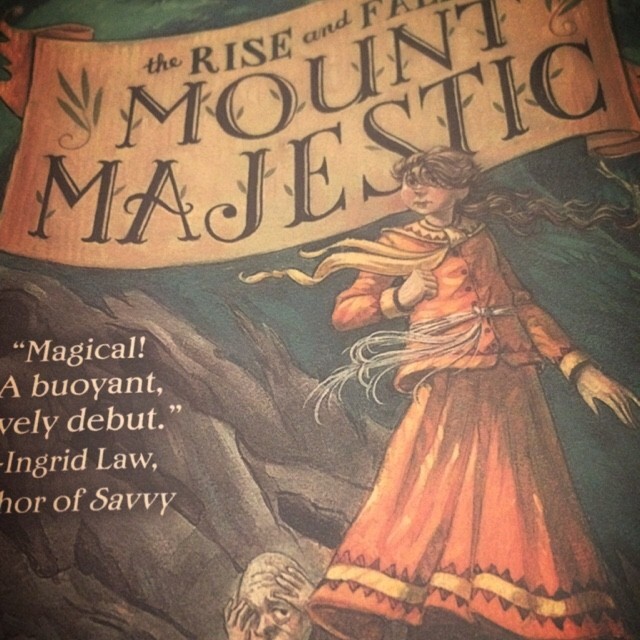
"And so I invite you to take off your cloak of doubt, empty your pockets of all suspicions and jests, sit down before the roaring fire of my tale, and believe."
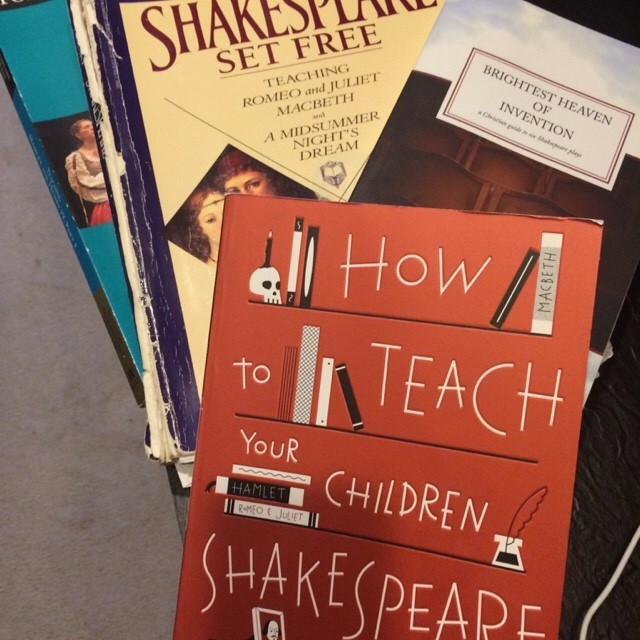
This gem will join my canon of tried and true resources for teaching Shakespeare. Ludwig's insistence on memorization to bring alive Shakespeare's genius is brilliant. His practical advice, insight into the language, and helpful bibliography make this book invaluable!
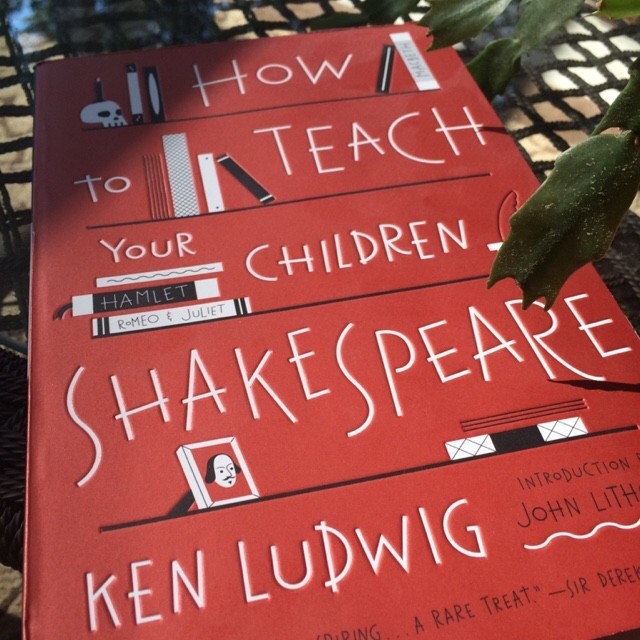
"As for memorization, I'm convinced it unlocks the whole world of Shakespeare in a unique way. In order to memorize something, you have to be very specific and honest with yourself. You have to work slowly, and you have to understand every word of you're memorizing."
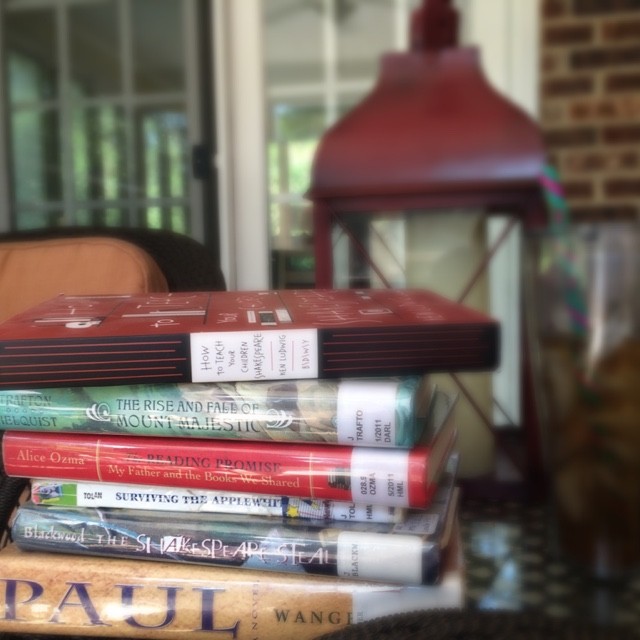
Just making sure I'm well stocked for the beginning of summer!
"Part of what makes Lewis so illuminating ... is his unremitting rational clarity and his pervasive use of likening. Metaphor, analogy, illustration, simile, poetry, story, myth--all of these are ways of likening aspects of reality to what it is not for the sake of showing more deeply what it is."

"So Lewis saw in his own experience of romanticism the universally human experience. We are all romantics. All of us experience from time to time --some more than others, and some more intensely than others--a longing this world cannot satisfy, a sense that there must be more." (Pic: The Kilns)